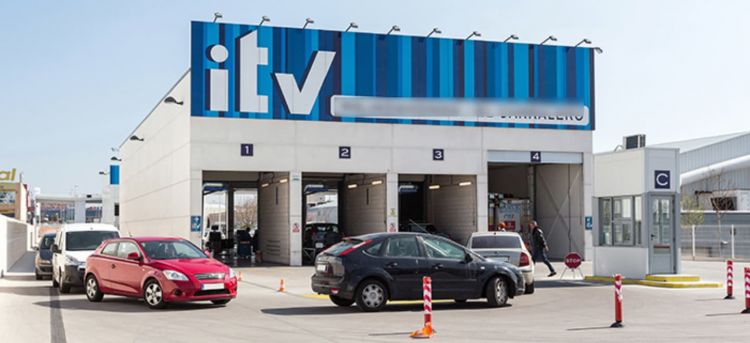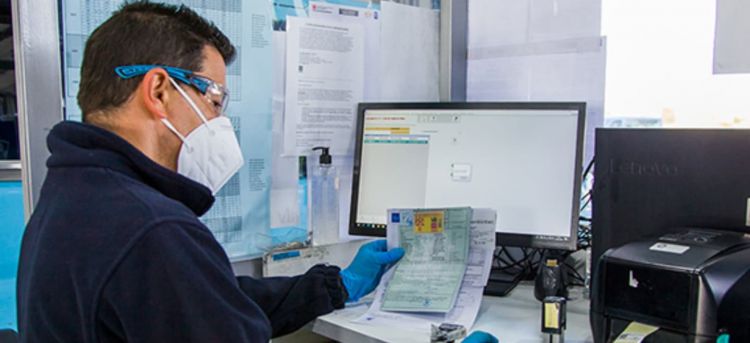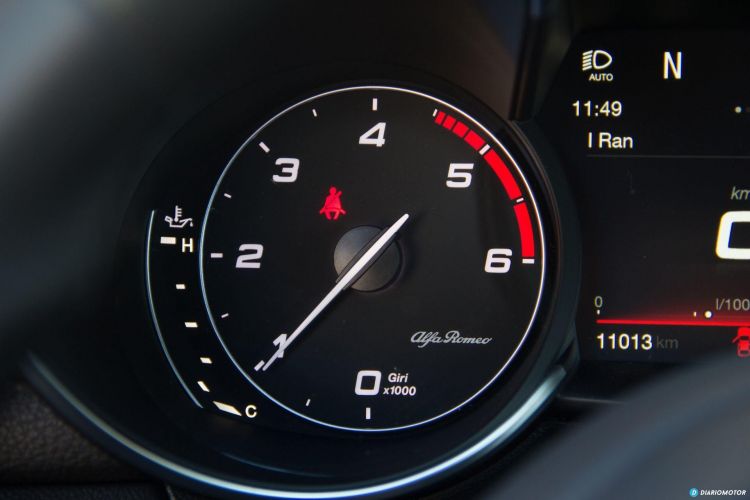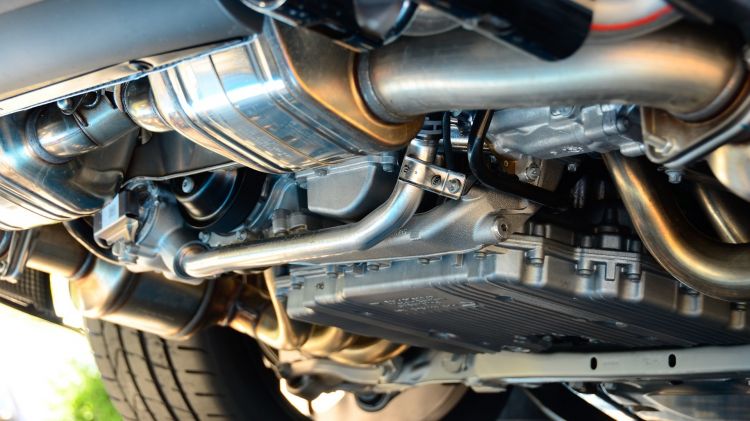The ITV have been with us for decades: in charge of guaranteeing compliance with a series of minimum technical and administrative standards that allow ensure, as far as possible, that the vehicles that circulate on our roads do so in accordance with the law. In this way, the worse maintained a vehicle is, the more complicated it is usually to overcome, periodically, the different tests to which the vehicles that go to the ITV are subjected. One of the tests that generates the most “suspense” is the gas test, but there are tricks to make passing the exam easier.
Over time, technical inspections of ITV have become more demanding, especially in areas such as mechanical and administrative safety or polluting emissions. This way, for some time now it is not possible to even show up for inspection if the vehicle is not covered by a valid insurance policy. In addition, the most modern vehicles that undergo inspections also have to pass different electronic tests through the OBD diagnostic port.
In any case, we insist: the emissions tests, in which both the proper functioning of the different exhaust gas treatment systems and the engine itself are checked, are one of the great “holes” of the ITV. We do not say it, it is confirmed by the statistical data of the ITV.
There are a series of recommendations with which to increase the chances of successfully passing the ITV emissions testsuch as going with the car at service temperature or having “squeezed” the engine before entering the inspection, but if once “immersed in flour” we see that our car does not offer the values it needs to give, it is still possible to try to apply an “emergency solution” that may save you.
The emergency solution for the ITV gas test
As you have read in the headline of this article, you can find the “solution” to this situation in a button on your own car. Actually, it’s not just one: the more buttons you get to press, the better the result will be. What are we talking about? Easy: push the engine more during the test without revs or throttle coming into play.
sure that You already know that the emissions test consists of two different measurements: one measurement is carried out at idle and the other, in the case of gasoline engines, is carried out at around 2000-2500 revolutions, regime that must be maintained for about 15 seconds without interruption. In the case of diesel engines, the second measurement is limited to acceleration up to the maximum speed with which the opacity of the expelled gases is determined.
Ok, but… what is that emergency solution we are referring to? Basically activate different electrical consumables when we are carrying out the test, consumables such as the lighting system, the air conditioning system, the audio system or even the heated rear window. This recommendation has a reason: when we request all this electrical energy, what we are really doing is demanding more electricity from the alternator, the component in charge of generating electricity in our car.
By demanding more from the alternator, what it does is demand more from the internal combustion engine, but since we keep the speed constant in both tests the engine management unit has to opt for an alternative with which to produce more power: inject more fuel. In doing so, actuallyWe are causing richer combustion which allows the catalyst temperature to rise rapidly and, at the same time, produces cleaner exhaust gases. It is the same operating principle that the control units apply when you start the car for the first time in the day: the idle speed is higher to heat up before the catalytic converter and for it to reach its operating temperature faster.
No luck: what could have gone wrong?
If you still have not managed to pass the gas test during the ITV inspection, you should know that you will have to return to the station to undergo the test again, since otherwise you will not be able to circulate with your vehicle. There are several elements that you should check if the gases that your vehicle is emitting are outside the legal limits:
- Catalyst: This element is one of the most important, being essential when it comes to making exhaust gases less harmful. If your car consumes oil or gasoline in excess, it is possible that the precious metals of your catalytic converter have been damaged, thus reducing its effectiveness.
- Plugs: spark plugs in poor condition cause inefficient combustion which, moreover, is not as clean as it should be. Remember that the spark plugs in your car also need to be replaced periodically.
- filters: For a gasoline engine to work correctly, it basically needs air, fuel and a spark to ignite the mixture. Check the condition of the filters, both the air filter and the fuel filter, since if they are in very bad condition they can affect the proper functioning of the engine.







